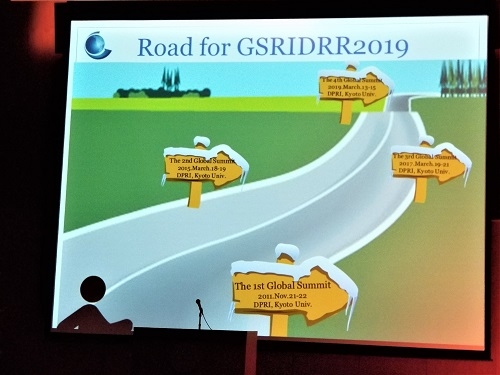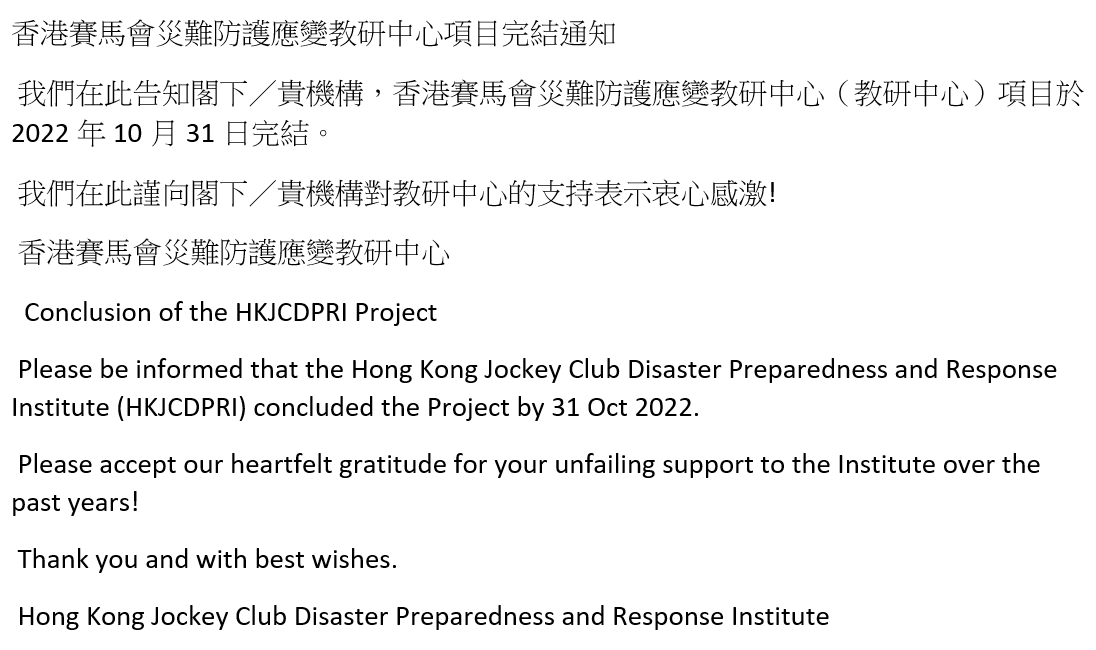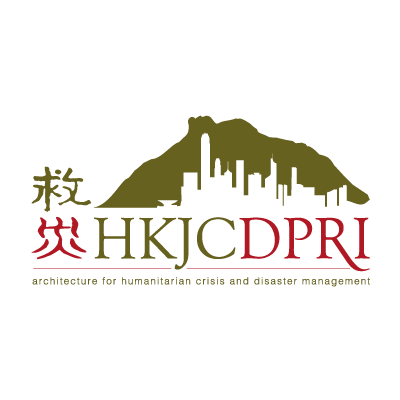You are here
日本京都大學防災研究所第四屆全球減少災害風險研究所峰會(2019年3月13日至15日)
日本京都大學防災研究所第四屆全球減少災害風險研究所峰會(2019年3月13日至15日)
[本文只供英語版本]
[本文只供英語版本]
On 13-15 March, the Hong Kong Jockey Club Disaster Preparedness and Response Institute (HKJCDPRI) participated in the Fourth Global Summit of Research Institutes for Disaster Risk Reduction (4th GSRIDRR) under the theme of “Increasing the Effectiveness and Relevance of our Institutes”, organised by the Global Alliance of Disaster Research Institutes (GADRI) and held at the Disaster Prevention Research Institute (DPRI), Kyoto University, Japan. The Summit provided a platform for researchers, practitioners, policy makers and other stakeholders in both government and non-governmental institutes involved in disaster risk reduction and resilience to come together to discuss, share and exchange ideas to contribute and be relevant to the priority areas of the Sendai Framework for Disaster Risk Reduction.

The programme of the Summit included keynote speeches, discussion sessions, poster presentations and panel sessions, with hundreds of disaster and emergency medicine professionals in attendance and more than 50 poster presentations.
The HKJCDPRI representative, Dr. Josephine Jim, participated in the Summit and made a presentation at the Poster Session. The presentation was about a pilot study of introducing a Certification System and Expert Directory in Hong Kong. Besides introducing the HKJCDPRI to the international audience, the presentation highlighted the objective and pressing needs of providing accredited training courses in emergency planning and disaster preparedness in Hong Kong. The presentation illustrated the step by step approach in designing the courses, gaining recognition from the industry and the local education authority. A number of participants had shown interests in the work in progress and would be keen to learn about the outcomes of the study.

The Summit had inspired us that there are new scientific challenges to disaster risk reduction and risk management, and there is a continuing need to foster uptake of science in government and industries to support implementation – suggestions on what works! The “Five Categories of Science Advice” (Gluckman, 2016) for disaster risk reduction are: technical advice; regulatory advice; deliberative advice; informal advice and science advice in crises and emergencies.
One of the new scientific challenges discussed in the Summit was how to close the gaps identified between scientists and decision makers. Representative of the International Institute of Earthquake Engineering and Seismology (IIEES) spoke about creating a “Demand for Safety as a Basic Human Right” – A right that should be observed by the Decision Makers and Governments. Investments should be made in disaster risk reduction for resilience, and there should be a paradigm shift in international funds from post event aids to real prevention, mitigation action and national capacity. These are strong evidences to inform the HKJCDPRI and other players in the disaster management sector of the priorities and strategies in developing our disaster risk reduction agenda.
For enquiries and exploration of collaboration opportunities with us, please contact us at [email protected] or tel (852) 2871 8507.
Gluckman, P.D (2016). Science Advice to Governments, An Emerging Dimension of Science Diplomacy





